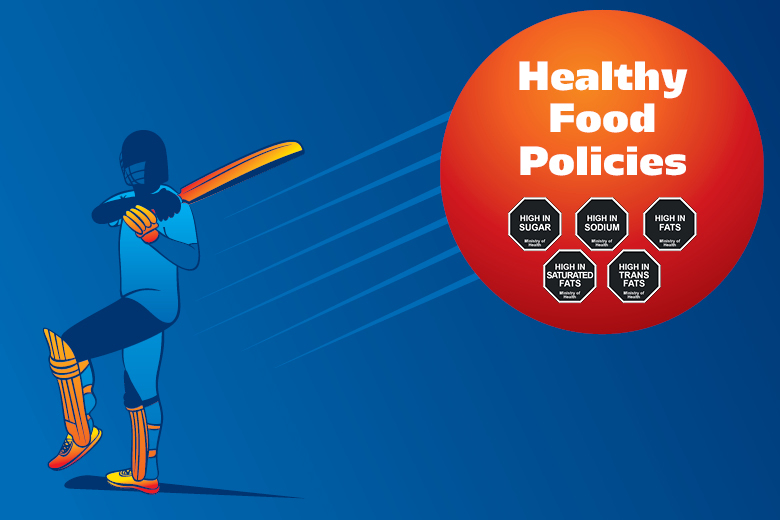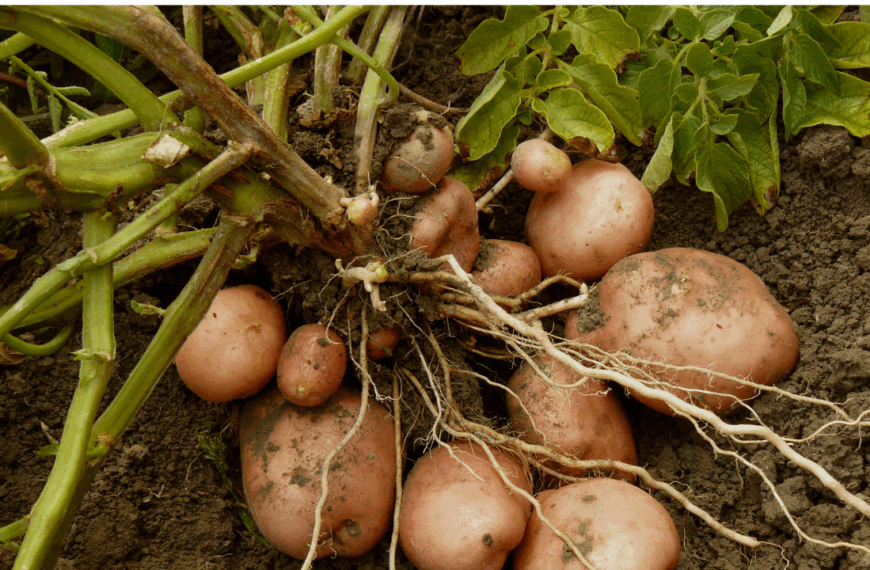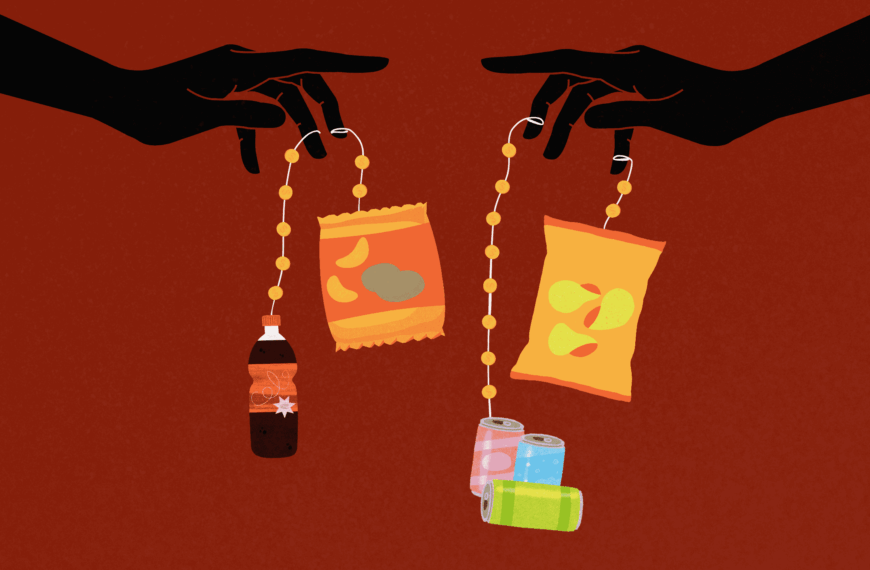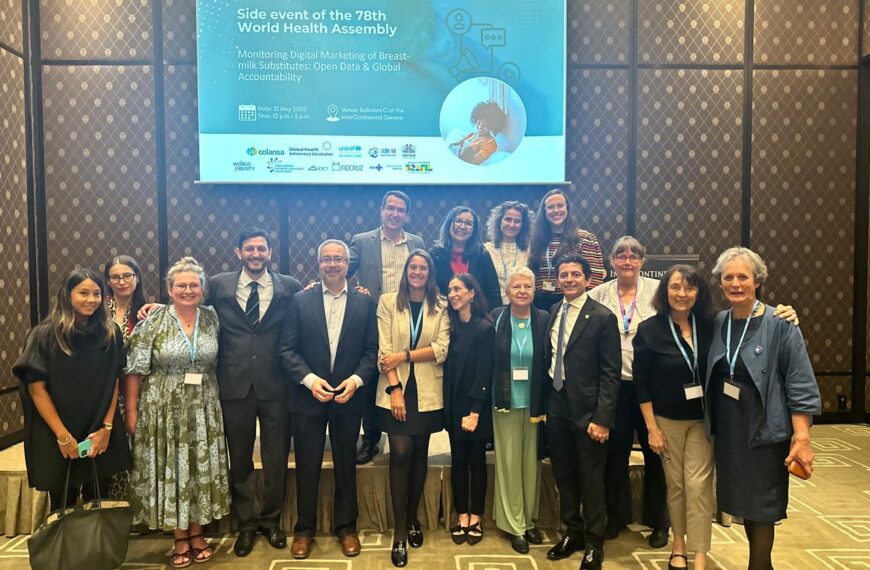It’s June 2024 and the Caribbean region is bustling with excitement. The 4th International Conference on Small Island Developing States recently concluded, with Caribbean Community (CARICOM) leaders and other Small Island Developing States (SIDS) policymakers determined to collaborate on a future of resilience and sustainability. The ICC Men’s T20 World Cup tournament is also captivating audiences across the region. It’s fascinating how these high-profile events generate such a flurry of activity, yet significant initiatives that are central to regional development often slip under the radar.
Take, for instance, the crucial issue of the implementation of octagonal front-of-package warning labelling (FOPWL) across CARICOM. Octagonal FOPWL helps consumers quickly, easily and correctly identify food products high in sugar, fat and sodium. These products, when consumed in excess, can lead to diet-related conditions like non-communicable diseases (NCDs).
Octagonal FOPWL – a system that involves easy-to-understand ‘black stop signs’ on the front of packaged products – was rejected by the majority of CARICOM Member States. Youth health advocates across the region are asking, why?
The Caribbean has one of the highest rates of NCDs and childhood obesity in the Americas. Octagonal FOPWL is among a suite of policies proven to reduce NCDs. It is backed by growing regional and international evidence, free of conflict of interest.
By identifying products high in sugar, fat and sodium, octagonal FOPWL supports other policies, like school nutrition policies and marketing restrictions, aimed at comprehensively shaping healthier food environments. Research conducted by the Pan American Health Organization (PAHO) and the University of West Indies suggests that if octagonal FOPWL was implemented in Barbados, it would avert 16% of the deaths caused by NCDs and save the country USD 732.8 million annually.
Despite the robust evidence in support of octagonal FOPWL, and its wide implementation across the Americas, most countries across CARICOM voted against it twice – once in 2021 and again in 2023. This vote is also misaligned with the Caribbean Public Health Agency’s (CARPHA) 6-Point Policy Package and the Bridgetown Declaration on NCDs and Mental Health which SIDS leaders agreed to at the 3rd SIDS Summit held last year in Bridgetown, Barbados. Interestingly, the theme for this year’s SIDS 4 Conference was “Charting the Course Toward Resilient Prosperity”. CARICOM leaders participated in a conference on resilience, yet, regional decisions that prioritise health – the cornerstone of a resilient population – have not prevailed? Is the region’s health, not the region’s wealth?
Denying the region this tool, is a strike against human rights – the right to adequate nutritious food, the right to information about food, the right to benefit from scientific progress/research and ultimately the right to health.
As youth advocates, we became aware of the rejection in March 2024 and it leaves us gravely concerned about the region’s commitment to health especially given CARICOM Heads of Government’s previous commitments to support healthy food environments through a number of policies including front of package labelling.
Let’s delve in: What are our major concerns with the process used to determine this final decision on octagonal front-of-package warning labelling?
Lack of Meaningful Consultation with the general public – It is critical for issues regarding the public’s welfare to be supported by balanced public consultation. Unfortunately, there was little to no consultation with the general public on the issue. In instances where there was a consultation, industry actors were prominent voices in the room. Did you as a citizen of a CARICOM member state know that the region was determining whether or not you would benefit from the introduction of octagonal FOPWL? Likely not. Where was the ‘public’ in this matter regarding ‘public’ health?
Lack of Transparency about…almost everything- Was the composition of decision-making parties and potential conflicts of interest documented and made publicly available? Were the procedures for stakeholder consultation (including submission of comments) and the protocols for voting clearly documented and made publicly available? No. Have all the decisions that led to this current vote been publicised? Unfortunately not.
Fitting a Square Peg into a Round hole – The regional standards process is by its nature governed by trade and begs the question – does a public health measure which seeks to empower citizens to transition away from the purchase and consumption of unhealthy foods really stand a chance when those who determine its fate are inclined to prioritise economic interests over health interests?
And so, we reflect:
The recurring inability to reach a harmonised consensus on the adoption and implementation of octagonal FOPWL across CARICOM Member States, points to a prioritisation of profit over health. The flawed consultative and voting processes on this standard in 2021 and 2023 reveal a deeply rooted and pervasive industry influence often occurring behind closed doors. As a region, heavily reliant on trade and exports for economic development, it is unsurprising that some private sector actors remain a dominant voice advocating against the simple black octagonal warning label as the regional standard while pushing for alternative models which are known to be less effective and confusing to consumers.
The industry emphasises the potential costs involved in implementing the octagonal FOPWL, however the long-term health benefits and associated costs in the hundreds of millions annually far outweigh any expenses incurred. Concerns about significant costs and technical barriers to product reformulation are also overstated. Manufacturers are constantly adapting to meet requirements of external markets. Moreover, warning labels may ultimately enhance the reputation of the food industry by promoting healthier options.
The array of concerns and proposed solutions related to the process used to determine the decision on octagonal FOPWL in CARICOM are detailed in the “Public Health Decision-Making in CARICOM- Strengthening the Front-of-Package Nutrition Labelling Standardisation Programme”. This resource was produced by the Global Center for Legal Innovation on Food Environments at the O’Neill Institute for National and Global Health Law, Georgetown University in Washington D.C., the Law and Health Research Unit at the University of the West Indies and Healthy Caribbean Coalition (HCC).
As we move forward, what do we want to see?
First and foremost – a strengthening of governance of the process with an urgent implementation of transparency and accountability measures to address the challenges outlined. The “Public Health Decision-Making in CARICOM- Strengthening the Front-of-Package Nutrition Labelling Standardisation Programme”, provides a series of recommendations that should be reviewed at the highest levels of decision making in CARICOM to address these decision making processes.
Secondly – a truly participatory process in developing future public health guidelines, taking into consideration potential conflicts of interests, on these, and similar policies that impact the general public. The public should have a say in public health.
What can you do?
Reach out to your local Bureau of Standards to update you on the status of octagonal FOPWL in your country.
Check out the new report, “Public Health Decision-Making in CARICOM- Strengthening the Front-of-Package Nutrition Labelling Standardisation Programme”, This report seeks to inform the strengthening of public health decision-making in CARICOM by analysing the FOPWL standardisation programme led by Caribbean Regional Organization for Standard and Quality (CROSQ).
Stay abreast of local education campaigns that provide information on what is currently contained in foods, and more generally review your local food based dietary guideline for guidance on a healthy, balanced meal.
Push for your right to information about what foods you are buying and consuming. Purchase packaged foods that have a nutrition facts label affixed (often found on the back of packages) since this is the only way that we can be aware of what is actually in the foods that we are purchasing.
Hold our governments accountable by calling out alliances with companies that continue to manufacture and distribute ultra processed products. These alliances can promote the stance of profit over people. Lobby for the implementation of conflict of interest policies to increase transparency and safeguard policymaking.
As the SIDS meeting and T20 cricket buzz fades, we as youth health advocates wonder how our CARICOM Leaders will create a lasting impact on the health of our region? How will they refocus on health and stay true to long standing commitments made to implement policies and programmes – like octagonal front-of-package warning labels – to not only treat but prevent non-communicable diseases? Are we hitting healthy food policies for a Six?
Simone Bishop-Matthews, Shay Stabler-Morris, Simeca Alexander Williamson, Danielle Walwyn, Michele Baker, Kerrie Barker, Kimberley Benjamin, Rozette Scotland and Mahalia Wilson are members of Healthy Caribbean Youth.
Healthy Caribbean Youth (HCY), the youth arm of the Healthy Caribbean Coalition, is a regional group of young health advocates with various backgrounds who are passionate about promoting good health and supportive environments for children and youth.
Are you a young person interested in advocating for a healthier Caribbean? Are you between the ages of 15-35? Consider joining the youth arm of the Healthy Caribbean Coalition by emailing hcy@healthycaribbean.org.
The post Are We Hitting Healthy Food Policies for a Six? appeared first on Healthy Caribbean Coalition.
Healthy Caribbean Coalition Leer más







